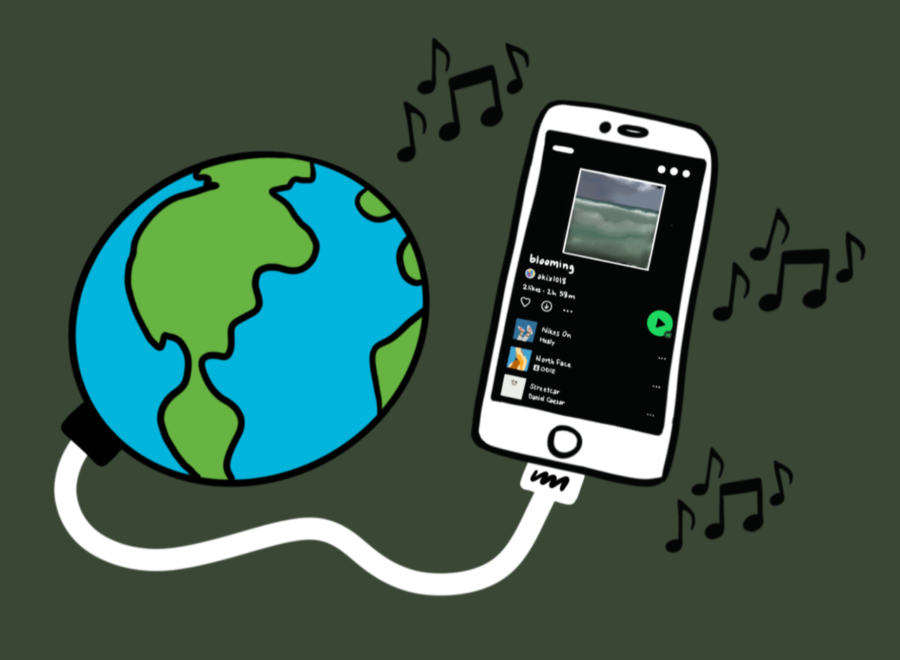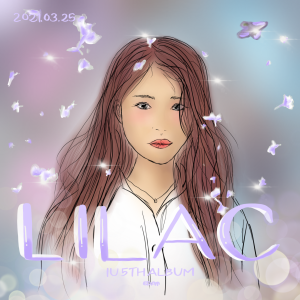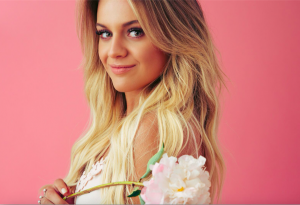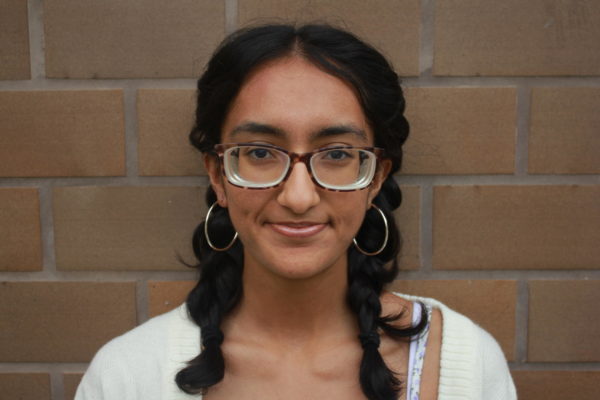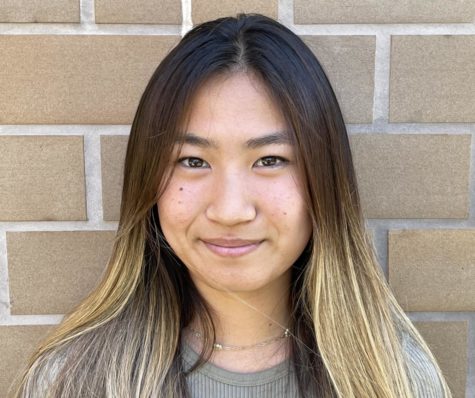Spotify’s EQUAL initiative amplifies the voices and music of female musicians across the globe
This week’s crate digging focuses on stages of love
December 15, 2021
From 2019 to 2020, the percentage of female artists fell from 22.5% to 20.2%, according to a Spotify-funded study done by the University of Southern California’s Annenberg Institute. The study, which took into account 900 top songs of the last nine years, also saw a drop in the percentage of female songwriters and producers within the same time period. The study brings to light the increasing erasure of women in the music industry, an anomaly in our otherwise “progressive” society.
Though the disparity feels massive and almost overwhelming, Spotify has taken a step in the right direction through their EQUAL initiative, which was launched as a response to the USC Annenberg study. Among numerous other projects, the initiative brought about the creation of the EQUAL Hub, a space to showcase the work of female artists across the globe.
The hub contains 35 “EQUAL local” playlists with female musicians from over 50 countries and each month, a new artist is featured on her respective country’s local playlist and receives promotion to help her reach new heights.
“With billions of songs and millions of podcasts on Spotify, it’s easy for fans to default to what they know and love best,” Marian Dicus, Spotify’s Vice President and Global Co-head of Music, told Forbes. “But the EQUAL Hub makes it easy for fans to engage directly with women creators and their content helps to increase awareness amongst fans so that more people listen, ensuring their music shapes the future.”
For listeners looking to quickly and easily sample these playlists, Spotify has something for that as well. Their EQUAL Global playlist serves as a “flagship” and is updated regularly, displaying a mix of songs from a diverse set of women.
If you’re interested in the playlist, maybe you press shuffle. Your listening journey could go something like this.
First up, “Phải Chăng Em Đã Yêu?” by Vietnamese artist Juky San. The song, which directly translates to “Reasonably I Fell in Love,” is about a charming and wonderful romance. The sweet melody perfectly conveys this feeling, despite the language barrier that might put some people off.
Then, “Deny Me,” a single from singer-songwriter Ananya Birla. This song is quite a turnaround from the last one but is just as good, featuring a strong beat and an empty chorus that fuse to create a memorable sound.
The playlist might transition to Venezuelan singer Corina Smith’s “Obviamente.” It’s laid-back and relaxed, but the way Smith hits each beat with her voice also makes it great to dance to. Or maybe it sends you in the opposite direction to “a woman is a god” by Tommy Genesis, a fast-paced song that is as intense as it is stripped-back. “If a man is a man / Then a woman, a woman is a god,” Genesis murmurs, which is a message that we can all get behind.
Next, “Culpa” by Chilean musician Javiera Mena will flood your headphones with an addictive drumbeat and sultry vocals. The track is compelling in a way that is characteristic of so many of Mena’s songs.
If you’re lucky, you’ll encounter “Stereotype” by Korean girl group STAYC. It’s a bubbly, playful pop song, and definitely a standout track on this playlist. Each verse lets their unique vocals shine through, building up to a chorus that you’ll be singing for days. A deep-dive into their discography (like I found myself doing) would tell you that the inexplicably nostalgic nature of this song is imbued in all of STAYC’s music.
Last in the queue might be “Pesan Terakhir,” a hit from Indonesian singer Lyodra. Her voice is as clear as glass, lifted up by a sweeping melody that sounds straight out of a fairytale. The song is so gorgeous, but one I would never have found without this playlist.
The beauty of the EQUAL initiative is this: No matter what songs you experience, it’s sure to introduce you to something that you’ve never even thought of trying. That’s something that makes all the difference for hundreds of overlooked female musicians.
“The audio we consume should reflect the diversity of the world we live in,” explained Dicus. “[W]omen deserve to see themselves, and hear themselves, represented throughout it.”


